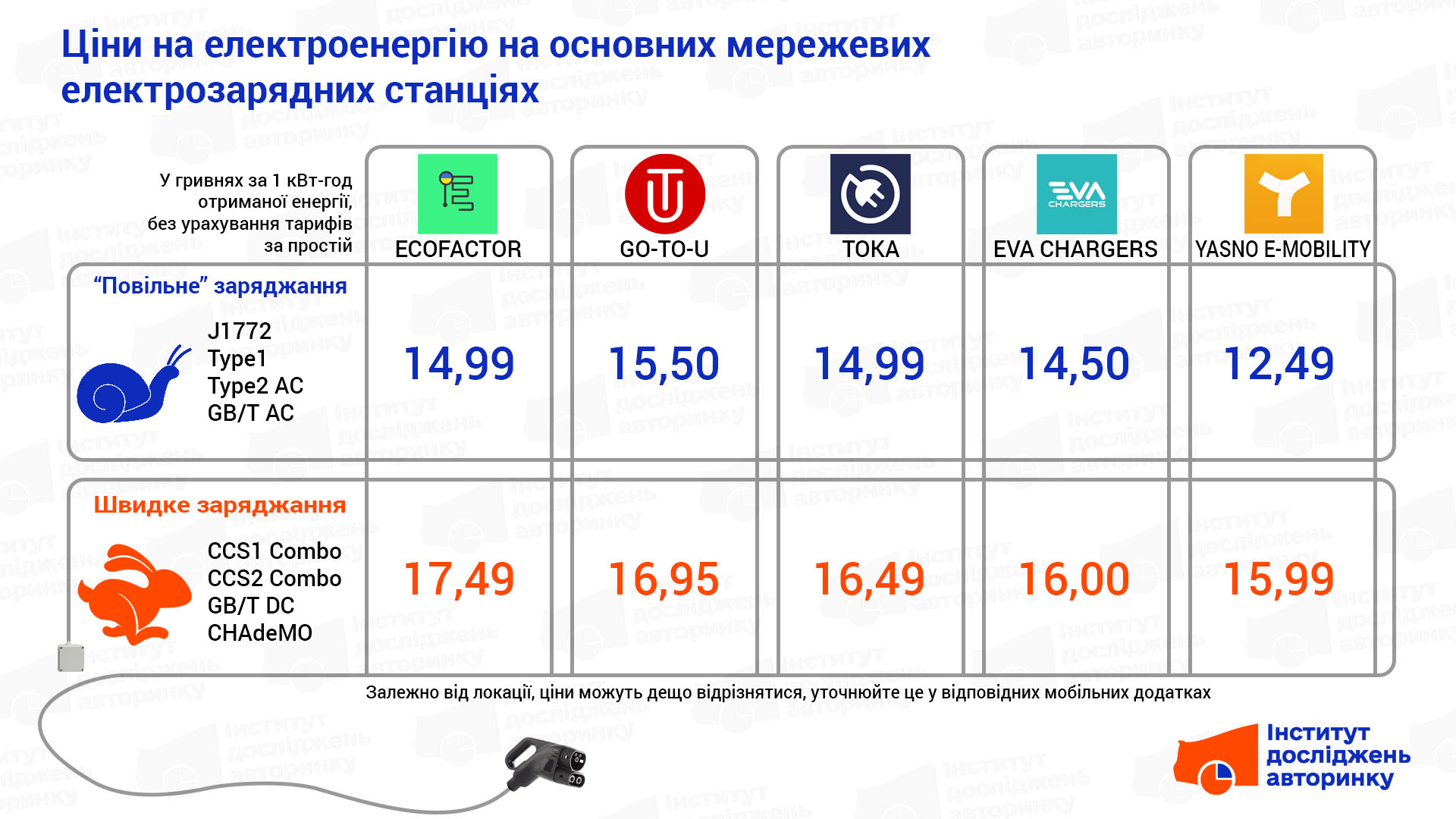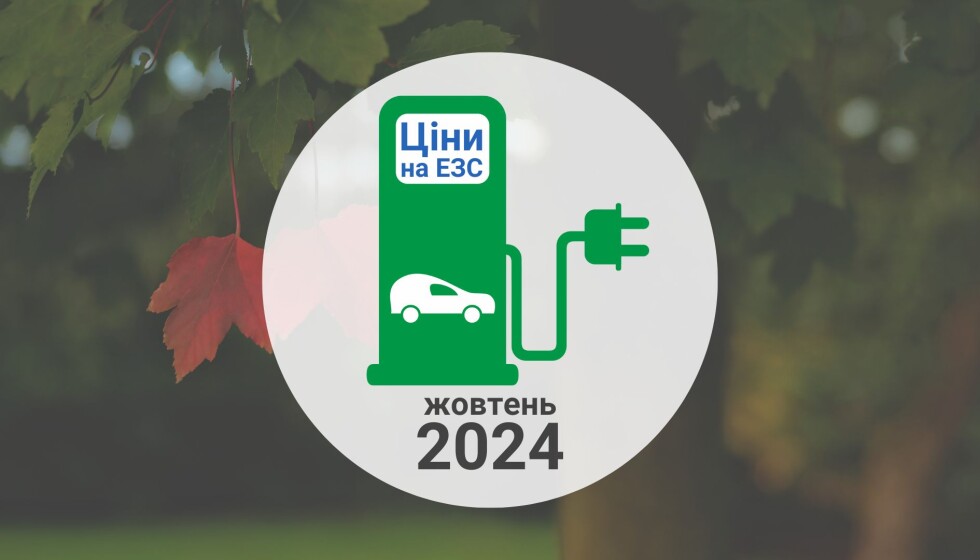Every year, our fleet is replenished with newer models of electric cars, which in turn have sufficient battery capacity to not require daily recharging, as was the case with the versions of the early years of production. That is, the renewal of the fleet of electric cars leads to the fact that the factor of "tying" to the home (or garage) socket is felt less and less, which was absolutely necessary for models with a battery capacity of about 20 kWh, which was enough for a day or two of trips.
This factor has held back the development of the electric vehicle segment — the number of potential buyers with access to a plug-in point is limited. Instead, the network of public "chargers" capable of charging electric cars with direct current relatively quickly is expanding, which gives new chances for the battery-powered car segment.
How did we know this? We studied a set of models in the Ukrainian fleet of electric cars, and determined that about 40% of its residents have batteries with a capacity of more than 50 kWh, so they can safely be classified as "long-range", or at least those that are suitable for interregional trips.
- If you also want to know about which electric cars are present in Ukraine, what age, in what quantity in which region, how many of them arrived in the past years, where they were manufactured, what classes they belong to and a lot of other interesting information — order access to the interactive dashboard from Institute of car market research "Park of electric vehicles in Ukraine", and you will know everything about the cars, trucks and buses available here (and even the "moto" section). Even with monthly updates!
Of course, there is a conflict between two factors for potential buyers here: to charge the car at a household tariff, which gives maximum savings (for which a home socket is needed), or to switch to an electric car not only because of its economy, but also because of another, new quality of drive: the absence of noises and vibrations, dynamic acceleration, instant response to the accelerator pedal, stepless acceleration without the participation of the gearbox and clutch, and sometimes a good set of driver assistance systems and a wide list of optional equipment.
At the same time, even if you charge such a car exclusively at electric charging stations (electrical charging stations), the saving factor does not disappear: with an average consumption of 20 kWh per 100 km, such a distance will cost a maximum of UAH 340. The least expensive option of a not too large passenger car equipped with gas cylinder equipment will spend (at 12 l/100 km propane-bunat mixture) UAH 420. And this is still a rather optimistic value, usually in practice, cars with HBO require more fuel.
So, why kilowatts at public access chargers? Our specialists collected information from the mobile applications of the leading operators of grid electric power stations in Ukraine, and selected the most frequently repeated price values. Depending on the location, there may be lower or higher tariffs — this should be specified in the relevant applications of the EZS operators. Letʼs assume that this information is provided for reference purposes — it is not a rating of electric vehicle operators, but only a guide for those who have or plan to purchase an electric car.

If you are a representative of an EHS operator that is not on the slide, let us know about it, as well as your main tariffs. If your company is listed, we would love to receive monthly price information from you, which we will publish on our pages. And we remind you once again that now there is an opportunity to get access to the unique interactive dashboard from the IDA "Electric vehicle park in Ukraine" — find out what electric cars are in your region and other regions in order to better plan the development of the EV network in accordance with the needs and prospects of the car park.
- Subscribe to the Telegram channel of the Auto Market Research Institute to be the first to receive information without ads or spam.



